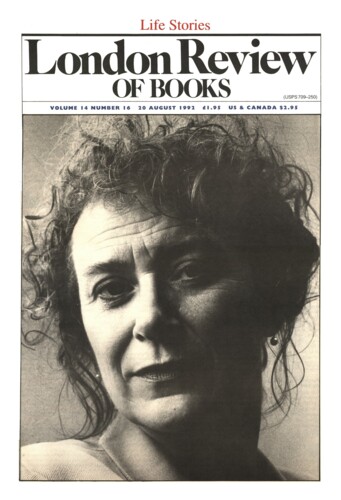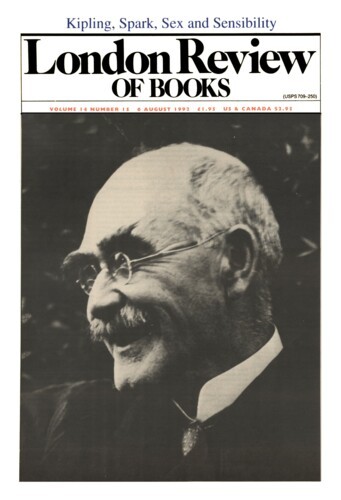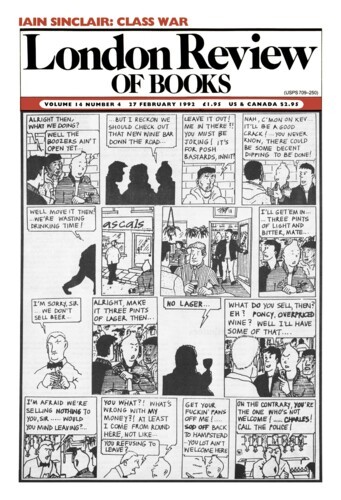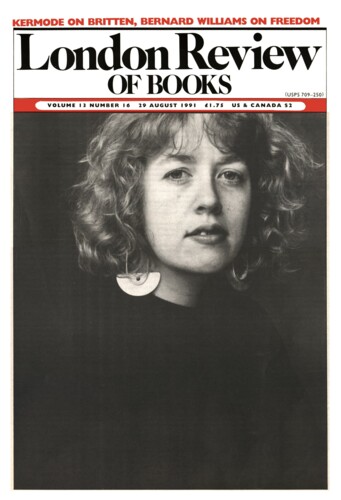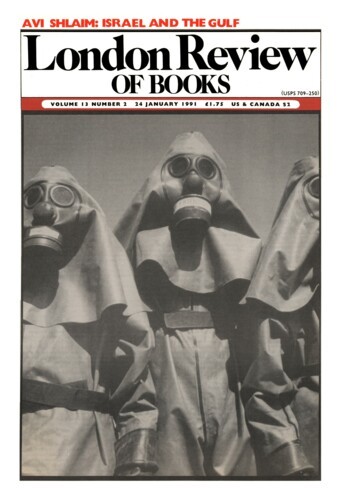Vivre comme chien et chat
Paul Delany, 20 August 1992
The population of Québec is about seven million, all of them minorities. The Jews, for whom Mordecai Richler makes his complaint (though not only for them), are outnumbered by 11 to one in the English-speaking community. The English are outnumbered five to one by the French, but the French are outnumbered by three to one in Canada as a whole. In North America, finally, the Americans have Canadians outnumbered by a factor of ten.
